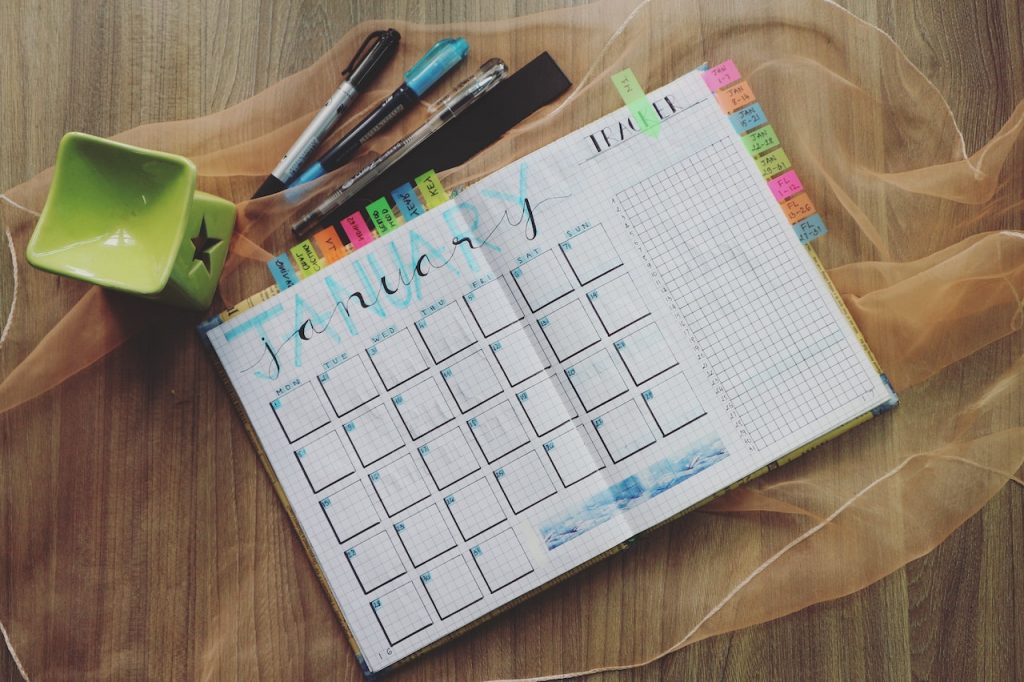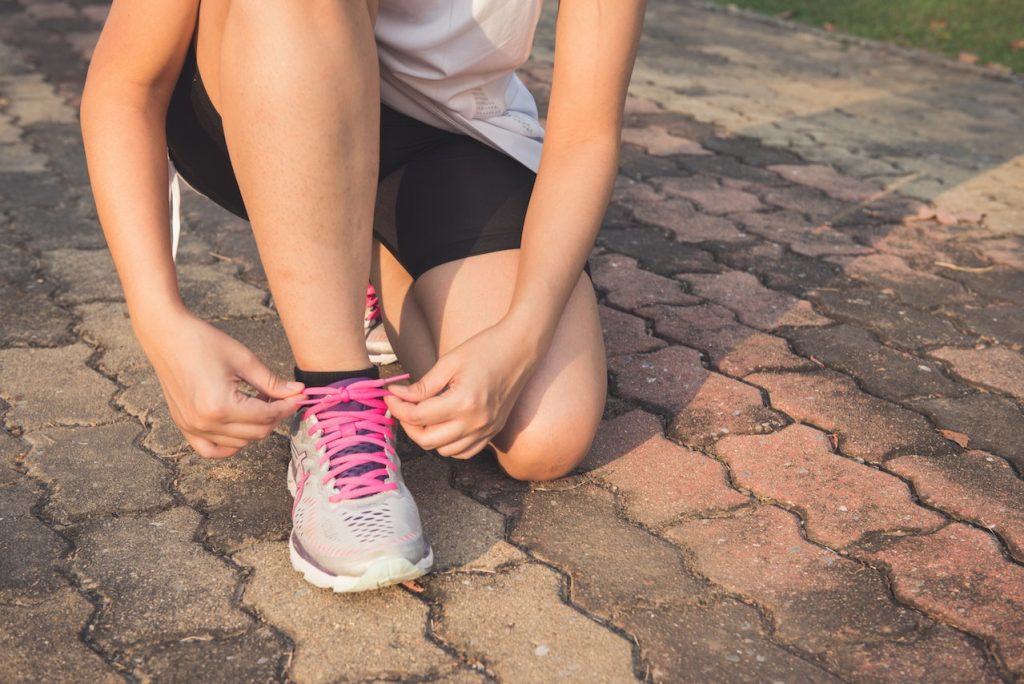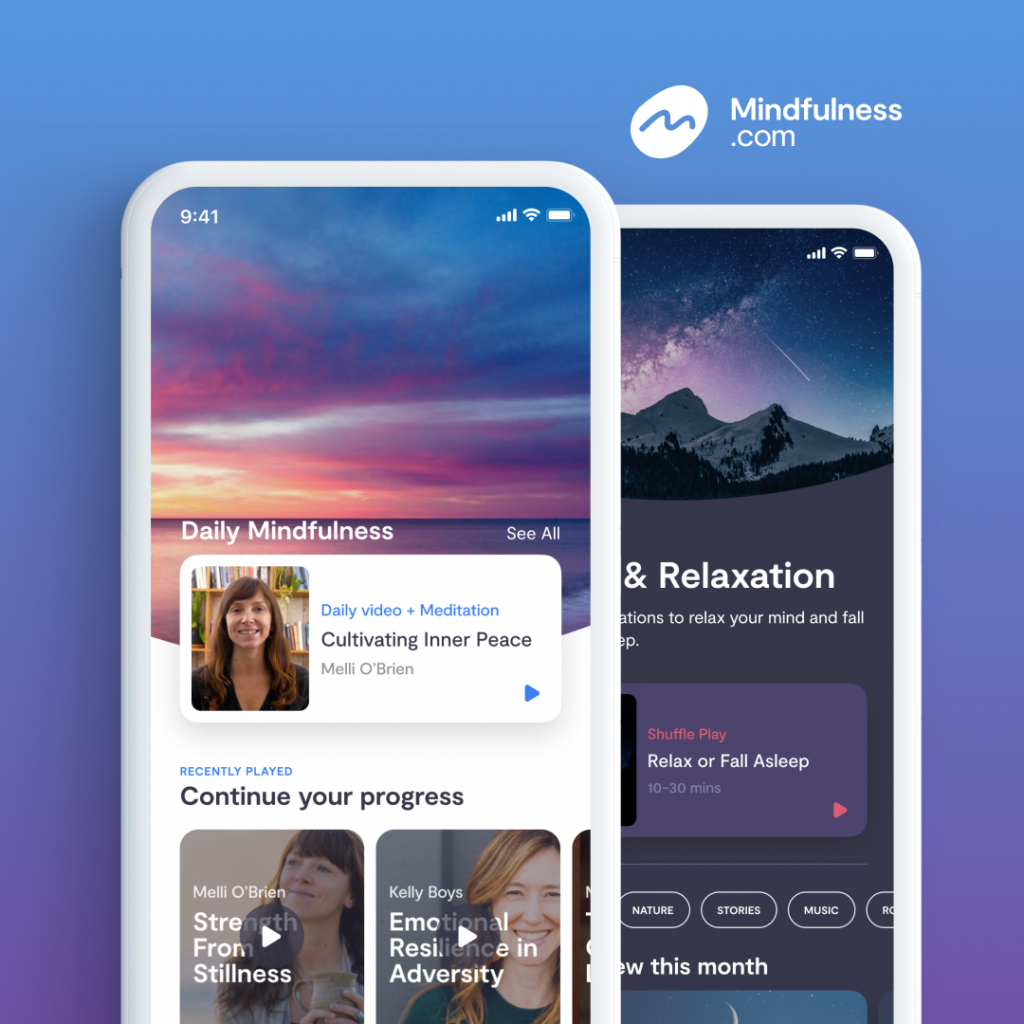
How to Sleep Better: Beat Insomnia Naturally
We’ve all experienced the frustration of tossing and turning in bed, unable to fall asleep. Insomnia sucks and it can significantly impact our daily lives, leaving us tired, irritable, and struggling to focus. It can be even more frustrating when we are usually in a relationship with that one person who can sleep anywhere and at the drop of a hat. So how do we sleep better?
While there are medical interventions available for chronic insomnia, they usually come with some fun unwanted side effects, like daytime sleepiness, sleep walking, or even “sleep shopping” on Amazon. Who doesn’t love the fun of the Amazon driver dropping off that surprise “Ginsu knife” collection? I always say, it’s always a good idea to explore natural remedies first. So let’s explore some “sleep hygiene!” In this blog post, we’ll discuss some simple yet effective strategies to naturally help you combat insomnia and enjoy a better nights sleep once again.
Establish a Consistent Sleep Routine
Our bodies thrive on routine. When it comes to getting better sleep, establishing a regular nighttime schedule can work wonders for improving quality of rest. Make it a point to try to go to bed and wake up at the same time every day, even on weekends. This consistency will help to regulate your body’s internal clock and train it to recognize when it’s time to get some sleep.

Create a Relaxing Bedtime Ritual
In the quest to sleep better, engaging in relaxing activities before bed can signal to your body that it’s time to wind down. Consider incorporating activities such as reading a book, taking a warm bath, or practicing gentle stretching or meditation exercises. Try and avoid stimulating activities like watching TV or using electronic devices, as the blue light emitted can disrupt slumber patterns. Plus, it’s hard to turn the TV off mid-way through season 2 of Bridgerton… so it’s best just to save it for daytime.
Optimize Your Sleep Environment
It is well known fact that your environment plays a crucial role in promoting better restful sleep. Make sure your bedroom is cool, quiet, and dark. Consider using earplugs, eye shades, or a white noise machine or even some essential oils (Lavender and DoTerra’s Serenity blend are my fave,) to create a peaceful atmosphere. Invest in a comfortable mattress and pillows that support your body and provide optimal comfort.
Click on the images below for more information on these
Mind Your Daily Habits
Certain lifestyle factors can have a significant impact on your sleep quality. Avoid consuming caffeine or nicotine close to bedtime, as they are stimulants that can interfere with sleep. Also, limit your alcohol intake, as it may disrupt your sleep cycle. You may notice that you fall asleep “faster” when you have those beers, but you’ll have a harder time staying asleep the whole night. Instead, opt for a soothing herbal tea like chamomile or lavender, which can promote relaxation.
Regular Exercise
Another wonderful benefit of exercise! Engaging in regular physical activity can help regulate your sleep patterns. Aim for at least 30 minutes of moderate exercise most days of the week. However, avoid exercising too close to bedtime, as it may leave you feeling energized and make it harder to fall asleep. So that 5k before bed… would be better earlier in the day.

Manage Stress
High levels of stress can wreak havoc on your sleep. Ask anyone who “can’t shut their brain off” before bed. It doesn’t matter if you have a partner in your bed or not, when your head hits that pillow and you close your eyes, it’s just you… and your thoughts. And our minds can be our worst enemies at times. Find healthy ways to manage stress throughout the day, such as practicing mindfulness, deep breathing exercises, or journaling. If your mind is racing with worries at night, try writing them down before bed to clear your mind and put them aside until the morning.
I am partial to listening to guided meditation before bed on those nights. I use the Mindfulness app and it has options where instead of waking up at the end, it lets you peacefully drift off to La La land. It also has great options for white noise sounds The great people at Mindfulness have given me a promo code to share with my readers for 20% off after you try it. Just click the link below.
20% Off for Empowered Wellbeing Readers

Create a Sleep-Friendly Diet
What you eat can definitely affect your sleep quality. Avoid heavy meals close to bedtime, as they can cause discomfort, indigestion and just a general bloated feeling. Additionally, limit your intake of sugary and processed foods, as they can lead to energy crashes and disrupt your sleep-wake cycle. Not to mention they are no good for your overall health. Instead, opt for a light, balanced meal with sleep-promoting foods like whole grains, lean proteins, fruits, and vegetables.
While occasional sleepless nights can be a normal part of life, chronic insomnia can be challenging to deal with. By adopting these natural strategies, you can create a sleep-friendly environment and develop healthy habits that promote restful sleep. Remember, everyone’s sleep needs are different, so it may take time to find the right combination of techniques that work for you. If insomnia persists, or significantly affects your daily life, it’s important to consult a healthcare professional for further guidance. Here’s to peaceful nights and refreshed mornings!
- Soothing Seasonal Allergies with Honey
- Probiotics for Seasonal Allergies: Find Relief
- Top Places to Practice Mindfulness Outdoors & In
- Mindfulness Benefits for ADHD Management
- Daily Mindfulness: How to Practice Throughout Your Day
*Some of the links included in my posts may be affiliate links meaning that I may receive a small commission if you should choose to make a purchase.










One Comment
Pingback: